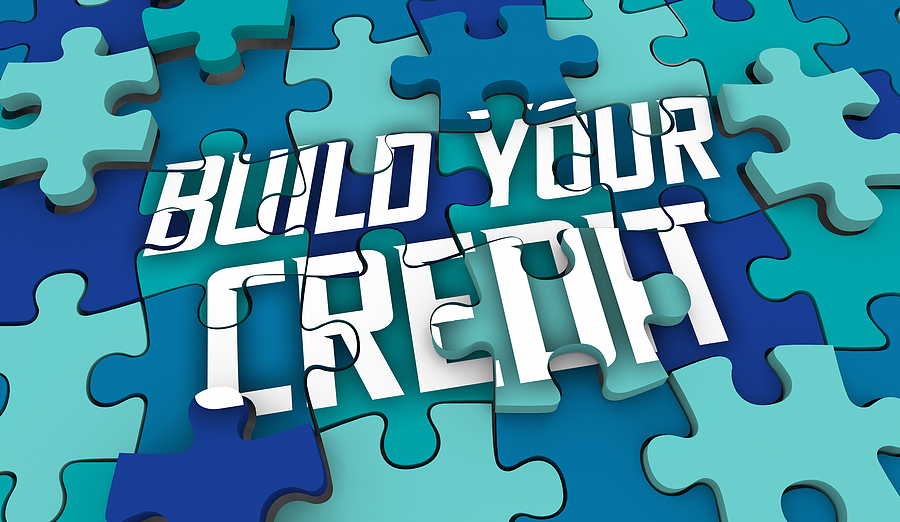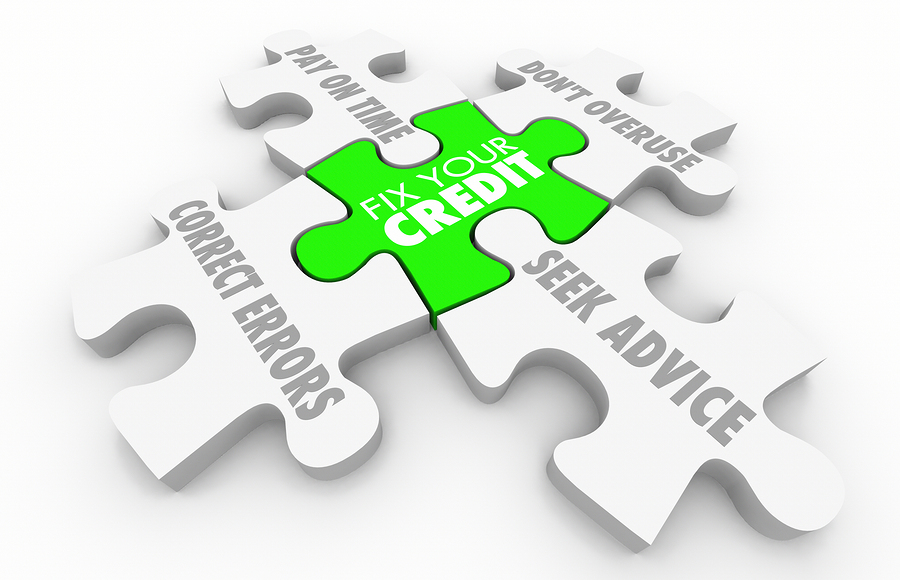A bill sent to collections can stay on your credit report for up to seven years and have a negative impact on your credit score. Sometimes people are unaware they have an unpaid bill until a debt collector contacts them, others have fallen on hard times and do not have a choice but to let their debt go to collections.
So how quickly can a creditor send an unpaid bill to a debt collector?
This can occur as soon as the default in payment has occurred. For example, if you made a promise to pay on a certain date and failed to do so, you could be sent to collections the very next day. However, if there is a contractual grace period, the creditor cannot send the account to collections until the grace period has expired.
You may be able to negotiate with the creditor (or landlord, doctor’s office, utility company, etc.) by explaining your situation and working out a payment plan. Keep in mind, they want to get paid, rather than write the debt off as a loss.
If you end up with a collection account on your credit report, you can try to have it removed. If it cannot be removed, focus on other aspects of your credit, like paying down debt and making future payments on time. This will help rehabilitate your credit score overtime.
It is also a good idea to regularly review your credit report for mistakes, because credit report errors are common and can damage your credit- unnecessarily. You are entitled to a free annual credit report from each of the three major credit reporting agencies — Equifax, Experian and TransUnion.
Click here to read more on this story.
If you are in financial crisis and considering filing for bankruptcy, contact an experienced Miami bankruptcy attorney who can advise you of all of your options. As an experienced CPA as well as a proven bankruptcy lawyer, Timothy Kingcade knows how to help clients take full advantage of the bankruptcy laws to protect their assets and get successful results. Since 1996 Kingcade & Garcia, P.A. has been helping people from all walks of life build a better tomorrow. Our attorneys’ help thousands of people every year take advantage of their rights under bankruptcy protection to restart, rebuild and recover. The day you hire our firm, we will contact your creditors to stop the harassment. You can also find useful consumer information on the Kingcade & Garcia website at www.miamibankruptcy.com.


